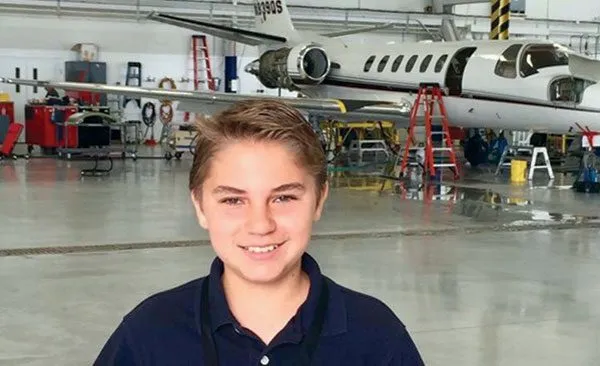Related

Powerball ticket worth $150,000 sold at Henrico grocery store
A ticket sold at a Henrico grocery store scored $150,000 in Saturday's billion-dollar Powerball drawing, according to Virginia Lottery officials. The winning ticket was purchased at the Publix at White Oak Village (South Laburnum Avenue) in eastern Henrico, officials announced on Sunday. Additionally, five Powerball tickets purchased
Click here to read more
Henrico man giving away late father's die-cast coin bank collection for free during holidays
William Birdsong inherited dozens of pristine 1990s die-cast coin banks but decided giving them away makes more sense than letting them collect dust
Click here to read more
PHOTOS: 4 Tha Culture women's basketball tournament - Dec. 21, 2025
The University of Richmond women's basketball team ran past Penn State 70-54 on the third and final day of the 4 The Culture Holiday Hoops Classic at the Henrico Sports and Events Center in Glen Allen Dec. 21. The Spiders finished the tournament 2-0, following their 72-58 win
Click here to read more
Christmas on Wendhurst ends 27-year run of holiday lights display
Glen Allen holiday tradition created by Al and Esther Thompson will close permanently after New Year's Eve viewing
Click here to read more
